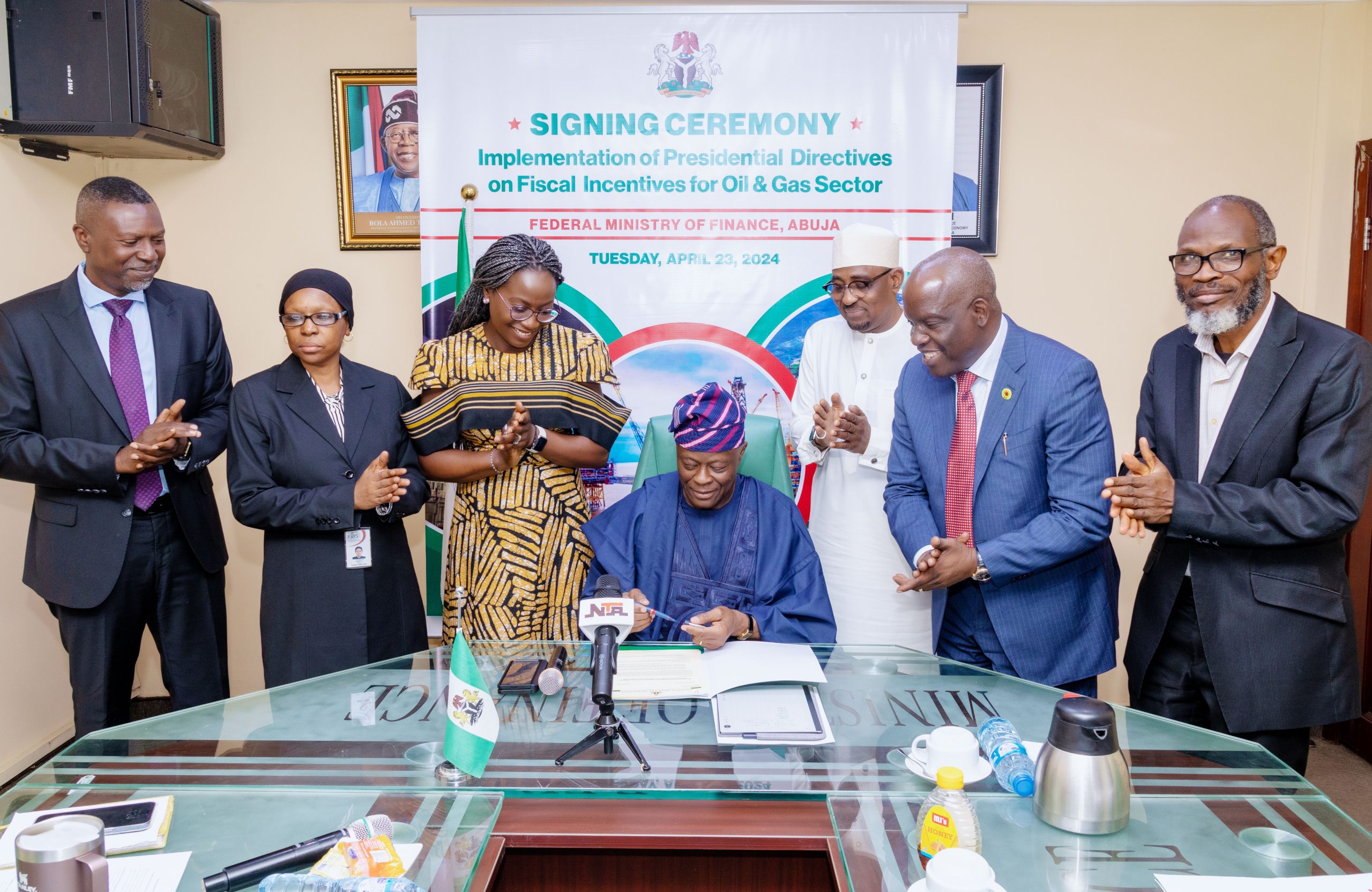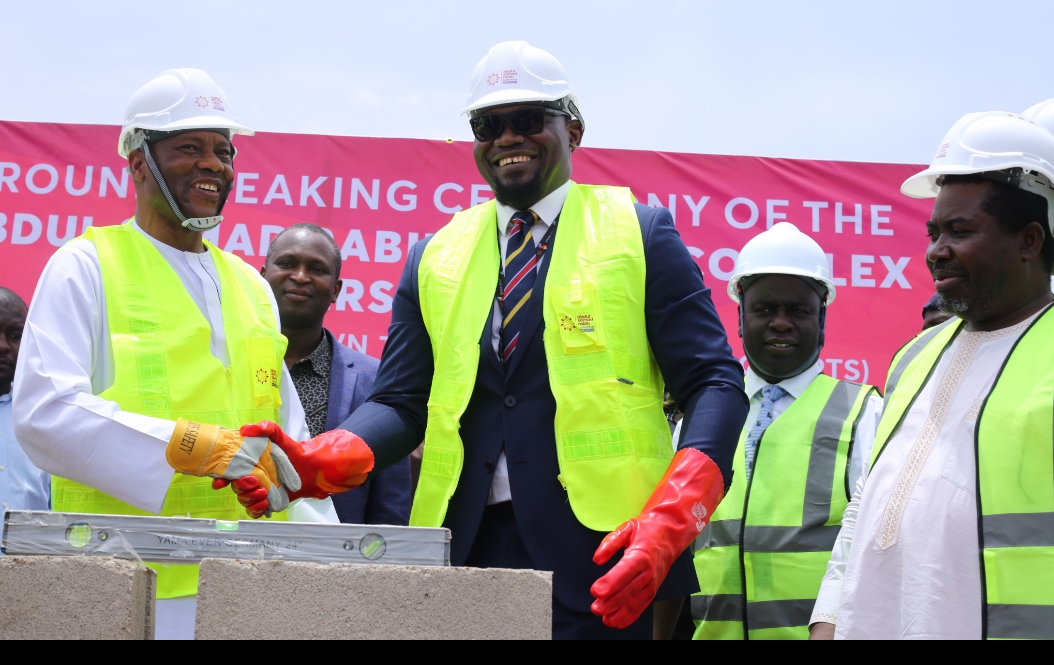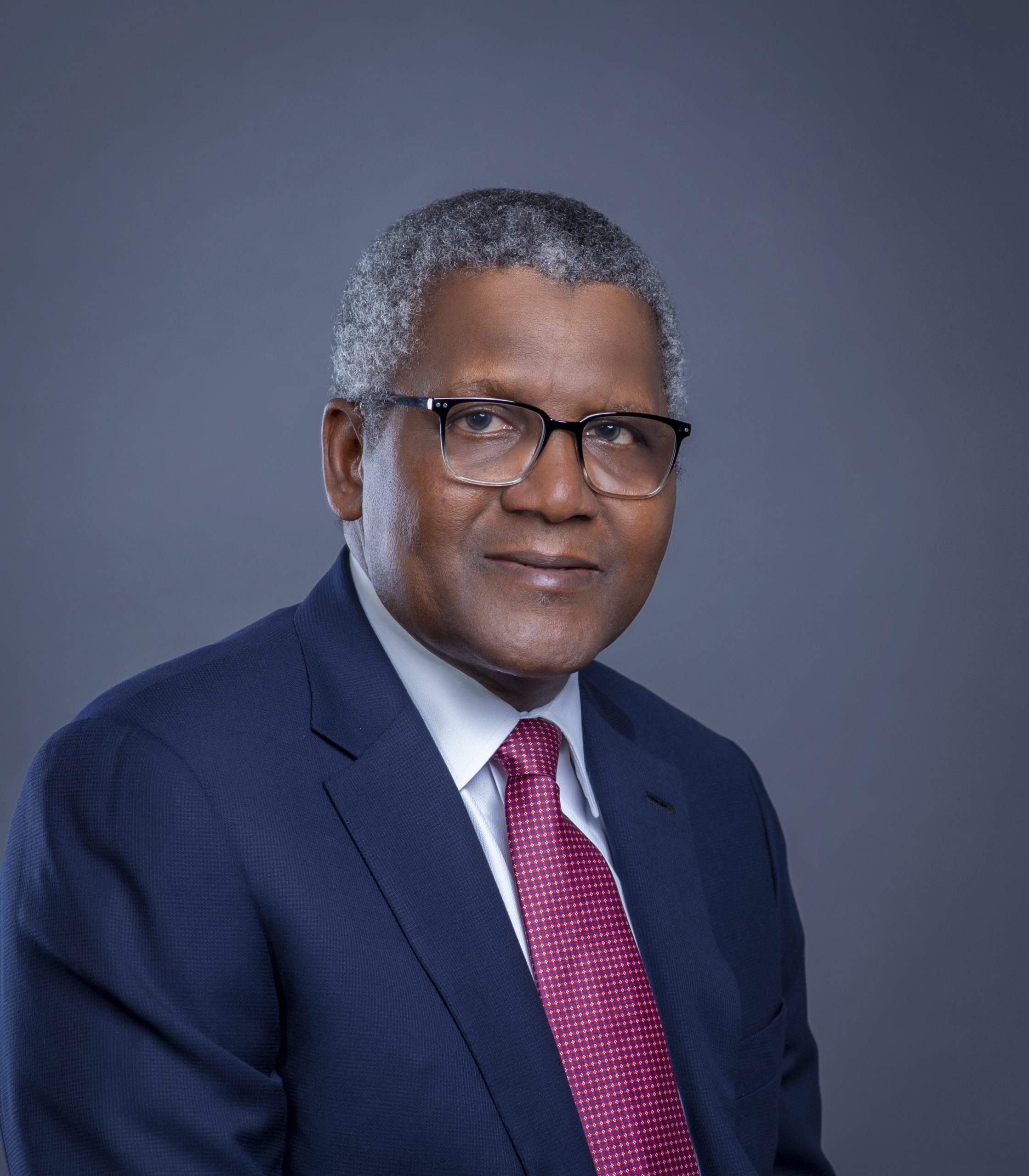
Affirming its status as Nigeria’s largest Pension Fund Administrator (PFA), Stanbic IBTC Pension Managers Limited has paid over N279 billion to retirees since its inception in 2006.
Between January and June this year, over 5,000 new retirees also received their benefits from the PFA increasing the number of individual retirement savings account (RSA) holders nationwide with it to over 1,500,000. A total of N16.6 billion was paid to retirees fromJanuary to June this year.
These figures were reeled out as the company examined its 2017 half year performance with a view to retooling for higher performance in the years ahead. This was also as the PFAcontinued its national awareness and engagement campaign across the country.The 2017 employers’ forum organized by the company has held in four key cities namely Benin, Port Harcourt, Enugu and Abuja, while similar sessions are scheduled to hold in Kaduna, Ibadan and Lagos before the end of the year.
In a chat, Mr. Eric Fajemisin, Chief Executive of Stanbic IBTC Pension Managers Limited, stated that the company has more than N1.7 trillion in assets under management, a feat that reinforces a strong evidence of its proficiency at ensuring safety and return of value on investment to RSA holders through higher standards of service delivery. The performance also demonstrates the potential of the pension industry to pool the requisite funding to support Nigeria’s economic development
Fajemisin noted that the Pension Reform Act 2014, which replaced the 2004 Act, addressed a number of lacunas in the original Act such as the application of a portion of pension assets towards the payment of equity for a residential mortgage by the RSA holder as well as the inclusion of the informal sector in the Contributory Pension Scheme. However, there is more room for further development as the industry operators and the regulator and other stakeholders continue to collaborate to ensure continuous advancement.
“We believe that every able-bodied Nigerian who earns a living is entitled to a pension at the point in time when that person can no longer work and would not want to be a liability to the nation or to the kith and kin. This is what makes participation in the nascent pension scheme quite imperative,” he said.
Fajemisin said it is very important to raise the level of awareness about retirement planning, especially among operators in the informal sector which boasts of an estimated 38 million workers and about 60 percent of Nigeria’s Gross Domestic Product as well as employing over 90 percent of its workforce. He said deepening awareness about the pension scheme requires the collaboration of all stakeholders as there are numerous benefits to ensure peace of mind in retirement.
On service delivery, the Stanbic IBTC chief said the provision of satisfactory services to the informal sector through channels they are conversant with will ensure availability and accessibility. Adopting the existing ecosystem they operate and using mobile devices to access important information will add more transparency and trust to the scheme.
He said the PFA would continue to respond to the ever-changing preferences and needs of its customers by deploying the appropriate tools, technology and channels. The PFA’s significant breadth of knowledge in the market, backed by the expertise and experience of Stanbic IBTC Group, a member of the over 154-year-old Standard Bank Group, will remain instrumental in delivering value-driven services to clients. He said transaction notifications on contributions, quarterly statements and quarterly pension notes are regularly sent to customers through SMS, emails and hardcopy statements to enhance transparency and trust and ensure that contributors have up-to-date information on the status of their pension funds.
Stanbic IBTC Pension Managers Limited is a subsidiary of Stanbic IBTC Holdings, a member of Standard Bank Group, a full service financial services group with a clear focus on three main business pillars – Corporate and Investment Banking, Personal and Business Banking and Wealth Management. Standard Bank Group is the largest African financial institution by assets and earnings. It is rooted in Africa with strategic representation in 20 countries on the African continent. Standard Bank has been in operation for 154 years and is focused on building first-class, on-the-ground financial services institutions in chosen countries in Africa; and connecting selected emerging markets to Africa by applying sector expertise, particularly in natural resources, power and infrastructure.





 Business6 months ago
Business6 months ago
 celebrity radar - gossips4 months ago
celebrity radar - gossips4 months ago
 celebrity radar - gossips4 months ago
celebrity radar - gossips4 months ago
 Business3 months ago
Business3 months ago










You must be logged in to post a comment Login